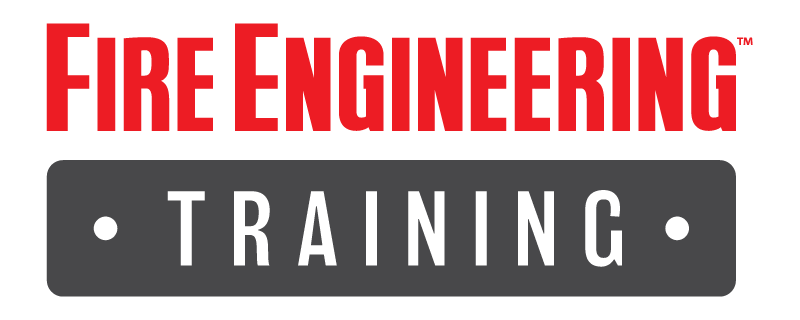Facial weakness, palsy, and stroke are all serious medical conditions that can greatly affect an individual’s quality of life. The ability to communicate, eat, and perform everyday tasks can all be compromised when facial muscles are weakened or paralyzed. It is critical that providers are up to date with signs, symptoms, and additional considerations and risk factors for patients with these conditions. This JEMS CEU course will examine how to differentiate between facial weakness caused by Bell’s Palsy vs. Acute Stroke, diseases that mimic stroke, as well as stroke evaluation and triage.
Course Type: Full-length Course
Course Duration: 60 min




